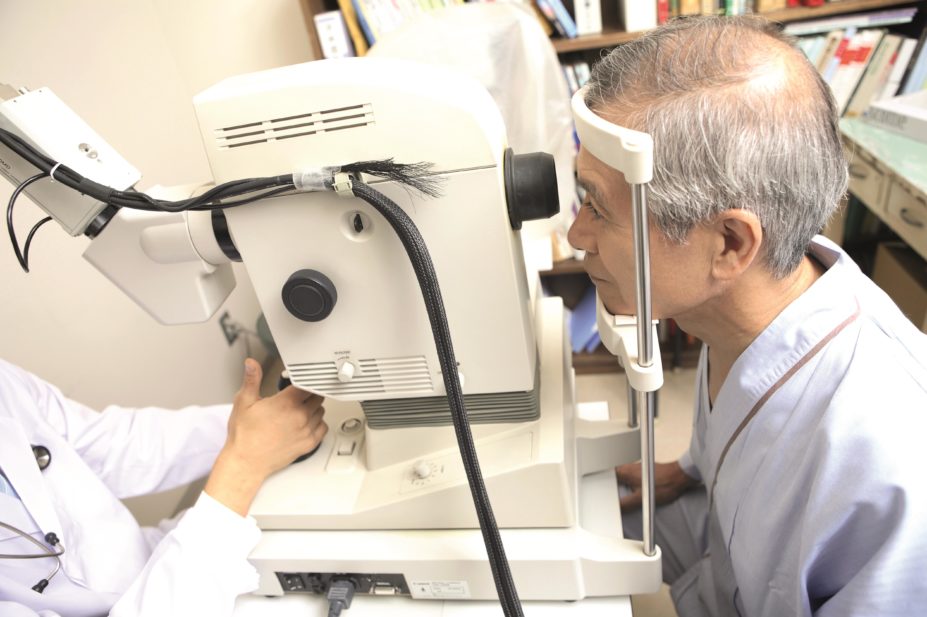
KPG_Payless / Shutterstock.com
Bevacizumab (Roche’s Avastin) is similarly safe to use for the treatment of neovascular age-related macular degeneration (AMD) as the more expensive ranibizumab (Novartis’ Lucentis), but has a risk of causing gastrointestinal disorders, a Cochrane review has found[1]
.
A systematic review of non-industry-sponsored trials, led by Lorenzo Moja, from the University of Milan, offers reassurance about the use of bevacizumab, which is widely used off-label to treat neovascular AMD because it is cheaper than the licensed alternative, ranibizumab.
The drugs both work by blocking vascular endothelial growth factor and have similar chemical structures. However, some health policies favour the use of ranibizumab in view of perceived safety concerns. The study’s authors say these concerns are unfounded.
“This review represents an important step forward in the knowledge about differences in systemic harms between bevacizumab and ranibizumab and mitigate past disputes around evidence,” said Moja. His group identified nine randomised controlled trials that compared bevacizumab 1.25mg with ranibizumab 0.5mg in 3,665 participants. Six of the trials were published, two were completed but unpublished and one was still ongoing. All studies were well designed, the researchers said, and there was a low risk of bias.
Evaluation of safety information from all nine trials at a maximum follow-up of two years indicated that the risk of death or serious systemic adverse events (SSAEs) was similar with the two drugs. The estimated risk ratio (RR) for bevacizumab compared with ranibizumab was 1.10 for death and 1.08 for SSAEs; neither value was statistically significant.
For the secondary outcomes, the only difference was a higher risk of gastrointestinal disorders with bevacizumab (RR 1.82, 95% confidence interval 1.04–3.19, P=0.04).
Moja and co-authors remark: “The current evidence is imprecise and might vary across levels of patient risks, but overall suggests that if a difference exists, it is likely to be small. Health policies for the utilisation of ranibizumab instead of bevacizumab as a routine intervention for neovascular AMD for reasons of systemic safety are not sustained by evidence.”
References
[1] Moja L et al. Systemic safety of bevacizumab versus ranibizumab for neovascular age-related macular degeneration. Cochrane Database of Systematic Reviews;2014:CD011230.

